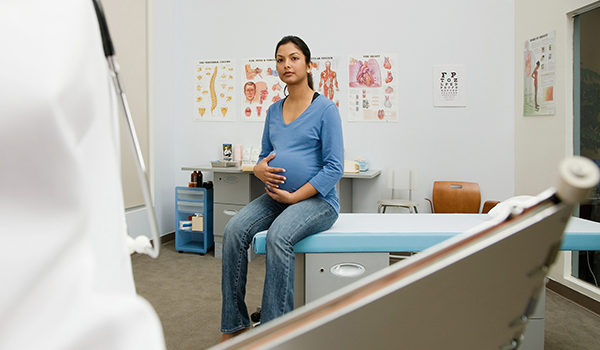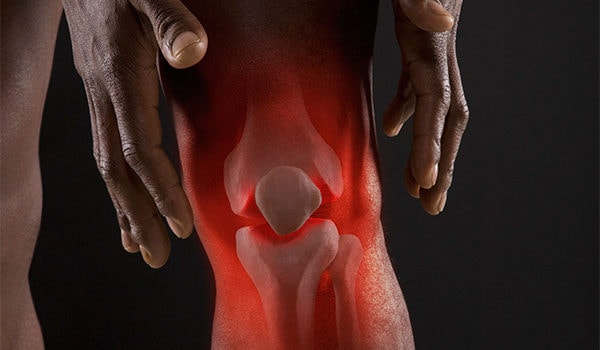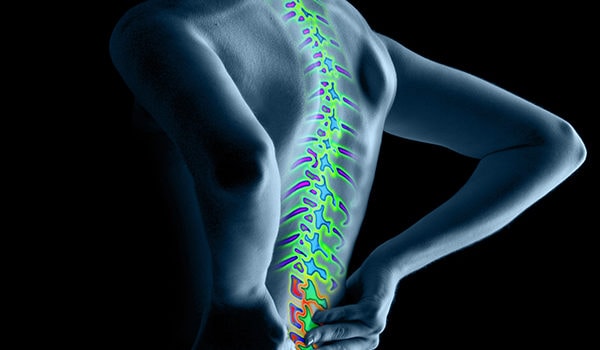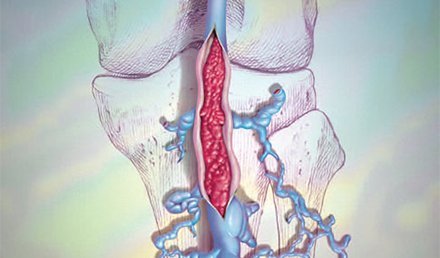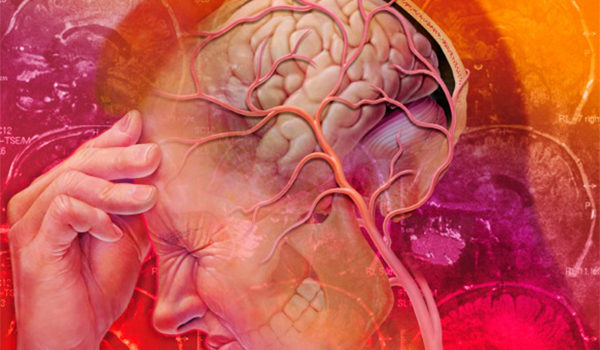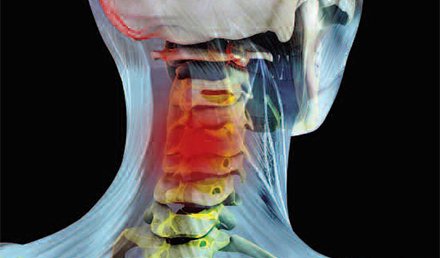Urgent message: From pregnancy confirmation to the evaluation of bleeding, urgent care centers are often the initial location for management of obstetric issues. Careful use of evidence-based guidelines is the key to successful outcomes. DAVID N. JACKSON, MD, FACOG Introduction Although close to 160 million visits are made to urgent care providers each year in the United States, there are currently no prospective studies describing how pregnancy may initiate or complicate an urgent care consultation. …
Read More